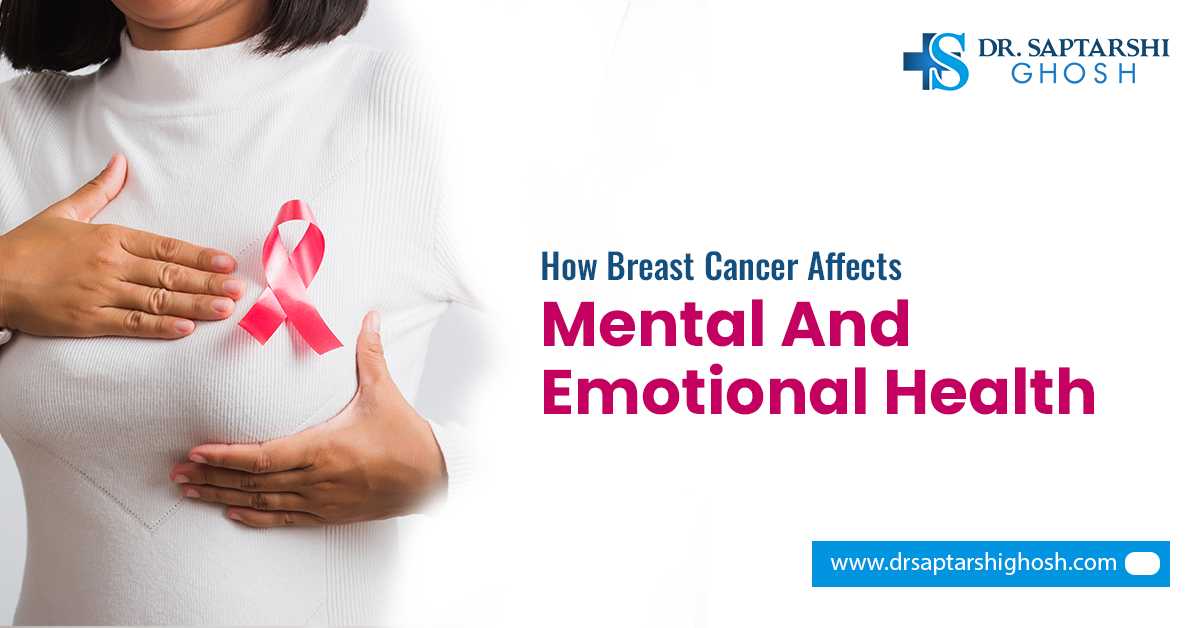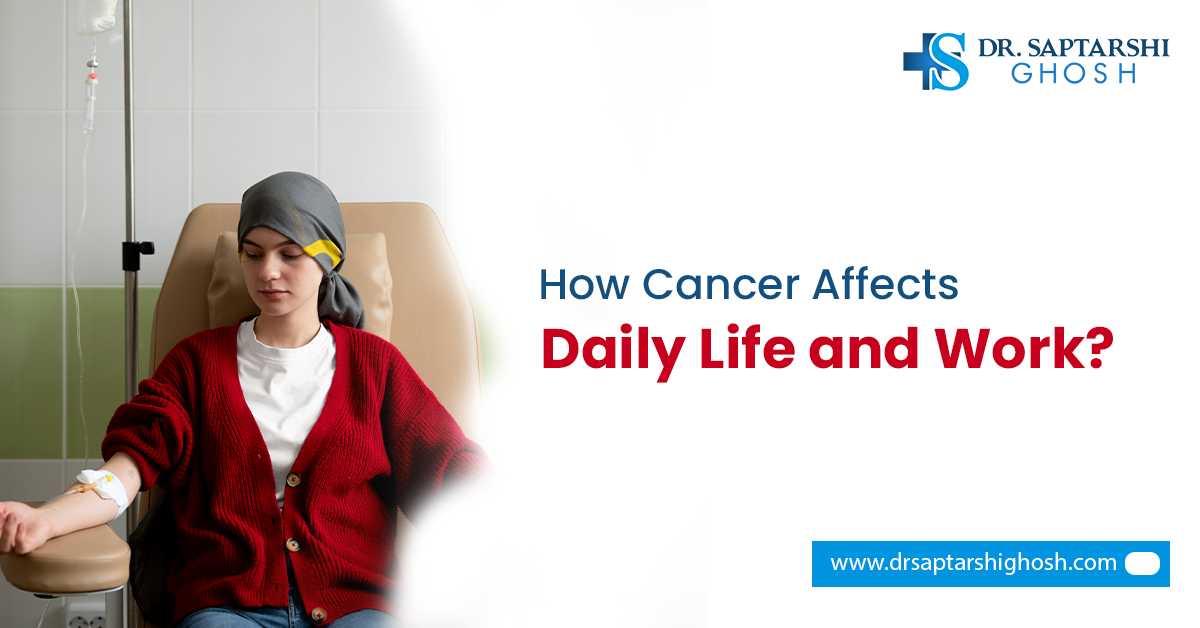Chemotherapy, as an effective cancer treatment, has become increasingly common over the years. Though it undoubtedly saves lives, patients and their loved ones must understand the potential side effects associated with this therapy.
There are many different side effects of chemotherapy that might appear during or after the treatment. However, you can consult an oncologist for the best treatment of chemotherapy in Siliguri. Here are some side effects of chemotherapy treatment that you should be aware of.
Nausea & Vomiting
Nausea and vomiting are one of the most common side effects of chemotherapy treatment. These symptoms can be distressing but can often be managed through anti-nausea medications prescribed by your oncologist. It is essential to communicate any discomfort to your healthcare team to find the most suitable solution and ensure your overall well-being.
Hair Loss
Hair loss is another common side effect of chemotherapy that affects both men and women. While it can be emotionally challenging, remember that it is temporary, and hair usually grows back once treatment is completed. Exploring various head-covering options such as wigs, scarves, or hats can help patients maintain their self-confidence during this period.
Fatigue
Chemotherapy can result in extreme fatigue, leaving patients feeling tired and weak even after adequate rest. It is important to listen to your body and allow yourself plenty of rest during treatment. Engaging in light physical activities, such as short walks, may help combat fatigue. Remember to prioritize self-care and conserve energy whenever possible.
Weakened Immune System
Chemotherapy drugs can impact the body's ability to produce enough white blood cells, making patients more susceptible to infections. It is crucial to take necessary precautions such as avoiding large crowds, washing hands frequently, and discussing any signs of infection promptly with your healthcare team. Additionally, your doctor may recommend certain vaccinations to boost your immune system.
Changes In Appetite
Chemotherapy treatments can significantly impact a patient's appetite, causing a decrease or increase in food intake. Taste changes, loss of appetite, or aversions to specific foods are common during treatment. It is important to focus on maintaining a well-balanced diet and staying hydrated. Consulting a dietitian can be beneficial to create a meal plan that caters to your needs.
Cognitive Changes
Some patients undergoing chemotherapy may experience difficulty with memory, and concentration. This is a temporary and reversible condition, characterized by mild cognitive impairment. Inform your healthcare team about any cognitive changes you notice, and work with them to manage these symptoms effectively.
Emotional & Psychological Effects
Chemotherapy in Siliguri can have a profound impact on a patient's emotional well-being. Anxiety, depression, or mood swings are not uncommon during treatment. It is vital to seek emotional support from your loved ones, support groups, or professional counseling services to navigate through these challenges. Your oncology team may also provide resources and recommend suitable interventions.
Understanding the potential side effects of chemotherapy is crucial for patients and their support systems. By being aware and proactive, patients can better manage these side effects and ensure optimal quality of life during their cancer treatment.




